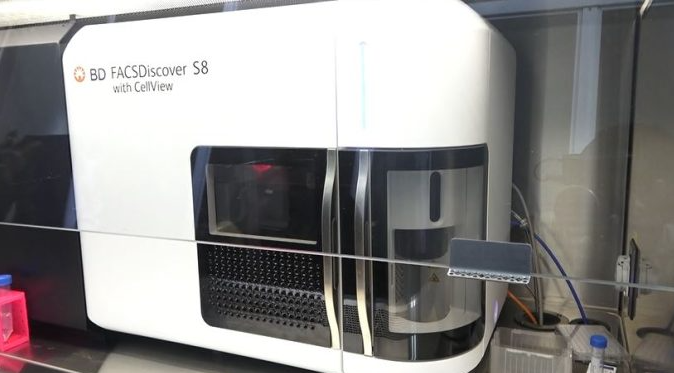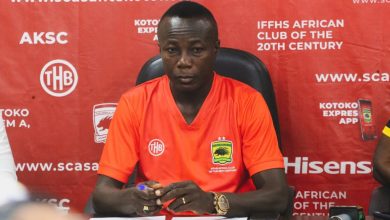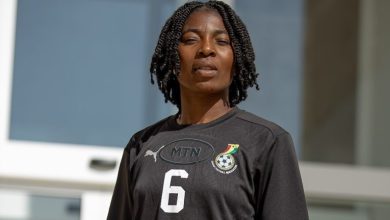Africa’s Most Advanced Cell Sorter Commissioned By Noguchi

The FACS Discover S8 Cell Sorter, the most sophisticated of its kind in Africa and the Middle East, has been commissioned by the Noguchi Memorial Institute for Medical Research (NMIMR) to advance research on immune responses, infectious diseases, and cancer.
The state-of-the-art machinery, which was purchased with domestically generated funds (IGF), will do away with the necessity of sending medical samples overseas for sophisticated analysis. Becton Dickinson (BD) International Ltd.’s BD FACSDiscoverTMS8 Cell Sorter makes it possible to perform in-depth single-cell analysis, which greatly enhances biomedical research and diagnostics.
Speaking at the commissioning, NMIMR Director, Prof. Dorothy Yeboah-Manu, stressed the importance of the new technology on local diagnoses.
“Currently, for many disease conditions, hospitals have to send samples abroad, sometimes as far as South Africa,” she said.
She urged diagnostic laboratories to stop outsourcing sample analysis, as Ghana now has the technology to conduct comprehensive disease studies locally.
“If someone has cancer, an infectious disease, or any other condition, we can now study how the immune system is responding without having to send samples outside Ghana,” she added.
The institute also inaugurated a refurbished molecular biology suite, funded by the Government of Ghana, to strengthen disease diagnosis, genetic research, and outbreak preparedness.
Further
Highlighting the equipment’s role in drug discovery, Prof. Yeboah-Manu stated that it would support vaccine development and cancer treatment research, including immune response analysis and chemotherapy prognosis tracking.
“Before a vaccine is introduced, trials must assess how the immune system responds. This machine allows us to conduct that analysis right here in Ghana,” she explained.
She added, “This machine helps us track how cells respond to chemotherapy, improving patient care,” and acknowledged the importance of the device in monitoring cancer treatments.
The University of Ghana’s Director of Research, Innovation & Development, Prof. David Dodoo-Arhin, commended NMIMR’s accomplishments in medical research and said the new equipment would help study on infectious diseases, cancer, and immunology.
The head of NMIMR’s immunology department, Prof. Michael Ofori, promised that the technology would be used to its greatest potential in order to increase scientific output, draw in additional money, and generate research funds.



